In the perplexing labyrinth of COVID-19 management, routine testing emerges as a beacon of control and containment. It becomes an essential task for individuals not just to keep tabs on their health status but also to shield others from potential viral transmission—especially those who are most vulnerable. Thus, understanding the ‘where’ and ‘when’ of testing morphs into a broader perspective: comprehending its vital importance in personal, community, and global safety.
The query – “Where can I buy COVID tests?” – transcends mere procurement; it’s a commitment towards greater public health initiatives. Regular COVID-19 testing stands at the cornerstone for numerous reasons: identifying infected individuals so they may be isolated; curbing community spread by timely detection; enabling efficient contact tracing; securing appropriate treatment for those afflicted with the virus.
With access to reliable COVID-19 tests turning into a major talking point amidst this pandemic crisis, it adds another layer of complexity to our initial question – “where can one purchase these crucial tests?”. Consequently, dependable information regarding test kit availability is more than ever necessary—it influences both individual responsibility and collective security. Identifying trustworthy retailers offering these kits while ensuring proper usage guidance forms an integral part in managing this unprecedented situation effectively.
Exploring Different Types of COVID-19 Tests
In the quest to grasp and rein in the proliferation of the COVID-19 virus, a bewildering array of testing procedures have been implemented across the globe. These examinations predominantly divide into two classifications: PCR (polymerase chain reaction) tests and swift antigen tests. The PCR evaluations, heralded as the gold standard, trace signs of the virus’s genetic material, while rapid antigen assays pinpoint proteins from the pathogen.
“Where does one procure COVID test kits?” This quandary has beleaguered countless individuals as they traverse this pandemic landscape. For obtaining a PCR exam, it is generally dispensed by laboratories and healthcare professionals. The specimens for these are usually procured through nasal or throat swabs or saliva collection methods. Alternatively, swift antigen exams are frequently accessible over-the-counter and can be conducted within one’s home premises with results available in mere minutes.
Availability of COVID-19 Tests in Pharmacies
In the annals of yesteryear, pharmacies have been an evolving cog in the healthcare wheel, expanding their capabilities to offer services once tethered solely to hospital wards. Their remit now includes COVID-19 testing facilities, making these critical tests more within reach and hassle-free for the public.
This burgeoning requirement has propelled pharmacies towards stocking home-based testing kits. This move answers a frequently echoed query: Which is considered the most reliable at-home COVID test?
The definition of “best” in terms of at-home COVID-19 tests differs based on personal requirements and situations. For some individuals, speed may be paramount over precision; they might lean towards rapid antigen tests that deliver results promptly – under half an hour – albeit with slightly compromised accuracy.
Conversely, others might gravitate towards RT-PCR tests which are lauded for being highly accurate but typically consume more time as samples need to be dispatched to a lab for evaluation.
Regardless of these predilections, it remains crucial that any chosen test carries FDA approval for domestic use – this provision ensures its dependability.
Purchasing COVID-19 Tests from Online Retailers
In the thrilling era of digital commerce, procuring COVID-19 tests from electronic marketplaces has morphed into a choice of escalating popularity. Prospective buyers can leisurely peruse an abundant array of options, scrutinize the intricate specifications and attributes each test possesses, and juxtapose prices to safeguard their decision-making process is informed. The added bonus of user-friendly delivery methods erases the necessity for tangible outings—deemed particularly beneficial for those in quarantine or keen on reducing public interaction.
A crucial query, frequently voiced by many prospective cyber shoppers is “Is it possible to utilize an expired COVID-19 test?”. The response, candidly stated, is negative. Paralleling other medical diagnostic instruments, elements incorporated in COVID-19 tests uphold a definite lifespan. Once this temporal threshold passes, manufacturers are unable to vouchsafe either precision or dependability of outcomes—thus potentially threatening not solely individual health but also that extending to their surrounding community members. Henceforth it’s fervently recommended maintaining vigilance during online procurement processes; ensuring your selected COVID-19 testing kit remains within its use-by date and originates from a retailer held in high esteem.
Accessing COVID-19 Tests through Healthcare Providers
At the epicenter of the COVID-19 testing process, healthcare providers have unfailingly delivered both in-clinic and off-site diagnostic services. These professionals serve as a vital conduit, dispensing sage advice and unparalleled guidance that simply cannot be supplanted by over-the-counter or internet-based alternatives. Their role extends beyond just conducting tests – they possess the requisite knowledge to decode test results accurately and counsel on subsequent steps.
The topic of precision frequently surfaces when discussing home testing kits, thus prompting a prominent inquiry – How precise are these COVID home tests? While such kits have indeed expanded accessibility, their level of accuracy can occasionally fall short compared to those conducted by professional healthcare providers. It’s critical to administer these home tests correctly so as not to engender false outcomes. In instances where a positive result is indicated via a home test or if symptoms persist notwithstanding a negative home test outcome, it is strongly advised to seek follow-up testing through professional healthcare channels. These medical experts are optimally positioned to authenticate test findings and propose an appropriate plan of action.
Importance of Contacting Local and State Health Departments for COVID-19 Tests
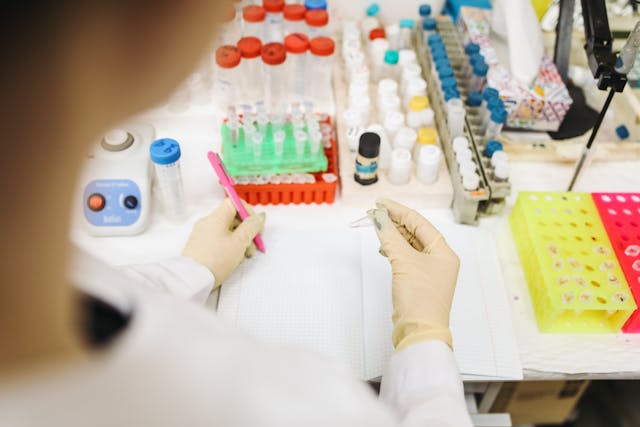
Venturing into the labyrinthine terrain of COVID-19 testing can indeed feel like a Herculean task for many. As such, harnessing the aids proffered by local and state health departments emerges as an indispensable facet in combating this worldwide contagion. These bastions of public health, entrusted with the welfare of citizens, act as vaults brimming with precise and up-to-the-minute details on protocols, procedures, and site-specific testing locations tailored to suit their districts’ distinct needs.
Expanding beyond merely providing exhaustive data about COVID-19 testing, these local and state health departments hold considerable sway in broadening access to tests by instituting and supervising public screening sites and networks. Not just that, they also uphold an instantaneous surveillance system documenting disease incidence rates—an essential tool informing citizens about potential risks lurking within their communities. Given the ever-changing nature of testing scenarios—be it resources or protocols—it is vital to engage actively with these departments for successful COVID-19 detection efforts leading towards effective containment.
COVID-19 Tests at Drive-through Testing Sites
In the face of the unrelenting pandemic, a multitude of nations have chosen to deploy drive-through testing stations in an effort to scale up and streamline their endeavours for COVID-19 testing. These sites are generally stationed in expansive open-air zones like arenas or car parks, facilitating the dispensation of tests without necessitating individuals to disembark from their vehicles. This strategy effectively diminishes direct interaction between healthcare workers and those being tested, consequently curbing the likelihood of virus transmission.
Observing operational procedures at these drive-through testing venues, as soon as individuals arrive on-site they remain within their cars whilst medical professionals conduct the COVID-19 test – frequently a nasopharyngeal swab. This sample is subsequently dispatched to a laboratory for evaluation. Such an arrangement not only accelerates the process but also extends convenience for those incapacitated by travel constraints towards healthcare facilities. As such, these drive-through testing locales perform a pivotal function in broadening access to COVID-19 examinations while aiding with tracking and mitigating viral propagation.
The following are some noteworthy features and benefits of conducting COVID-19 tests at drive-through testing sites:
- The process is fast and efficient: Drive-through testing stations have been designed to expedite the testing procedure. Individuals do not need to wait in long queues or sit in crowded waiting rooms, thereby reducing their exposure time.
- Reduced risk of transmission: As individuals remain within their vehicles during the test, there is minimal contact between them and healthcare workers. This significantly reduces the chances of virus spread.
- Convenience for all: These venues are particularly beneficial for elderly citizens, those with mobility issues or people who don’t have easy access to traditional healthcare facilities due to geographical constraints.
- Enhanced capacity for mass-testing: By setting up these stations in large open spaces such as stadiums or car parks, authorities can effectively increase their testing capacity. This assists in identifying more cases swiftly which aids in controlling the spread of the virus.
- Efficient use of resources: Drive-through centres require fewer staff members than traditional clinics. It also saves on resources like personal protective equipment (PPE) since health professionals aren’t required to change it after every patient visit.
In conclusion, drive-through COVID-19 testing sites offer a practical solution that caters both public safety concerns and logistical challenges posed by this pandemic. They represent an innovative approach towards mass-testing that could be instrumental in our collective fight against COVID-19.
FAQ
The criticality of COVID-19 tests is undeniable as they are instrumental in identifying SARS-CoV-2 virus presence. These examinations facilitate prompt detection, treatment initiation, and isolation to curb further transmission. Moreover, they significantly contribute to grasping the disease’s widespread nature and managing this unprecedented health crisis.
Predominantly we have three distinct types of COVID-19 testing methods – molecular assessments like RT-PCR; antigen exams that identify specific proteins from the virus; and antibody evaluations which give insight into past infections.
Indeed, numerous pharmacies extend their services to include both rapid antigen checks and PCR screenings for COVID-19. However, service availability might differ according to geographical location or specific pharmacy chains.
Certainly! A good number of internet-based vendors retail authorized home-testing kits for COVID 19. It’s recommended though that only FDA approved kits be purchased and used following given instructions meticulously for dependable results.
Certainly so! Your healthcare facilitator can assist by advising on how best one could avail a Covid test – either within their premises or directing towards closest testing centers
The local/state level medical departments indeed play an essential role by disseminating information about available testing sites, timings along with guidelines . Often times they manage free testing facilities including drive-through options
At such venues , while still seated inside your vehicle , a sample will be collected typically from nose/throat region by a healthcare professional who will be wearing personal protective gears. The collected sample is then dispatched to a lab for testing and the results are communicated via phone call , text or email.

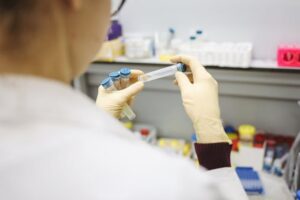
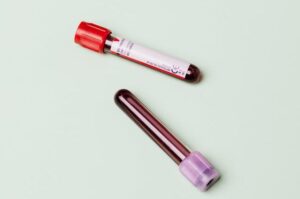




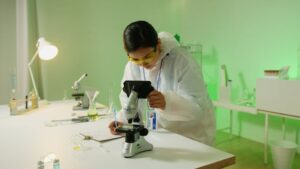

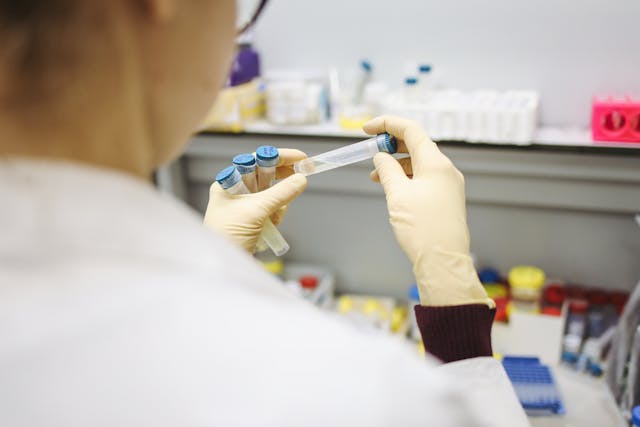
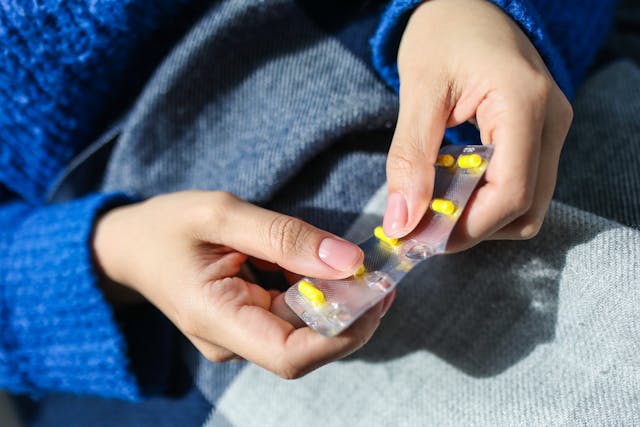
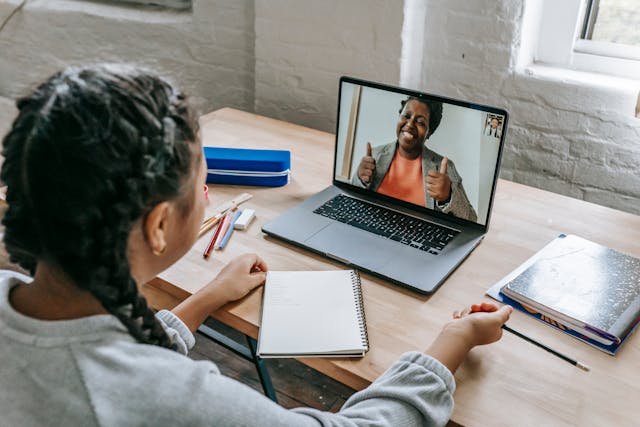
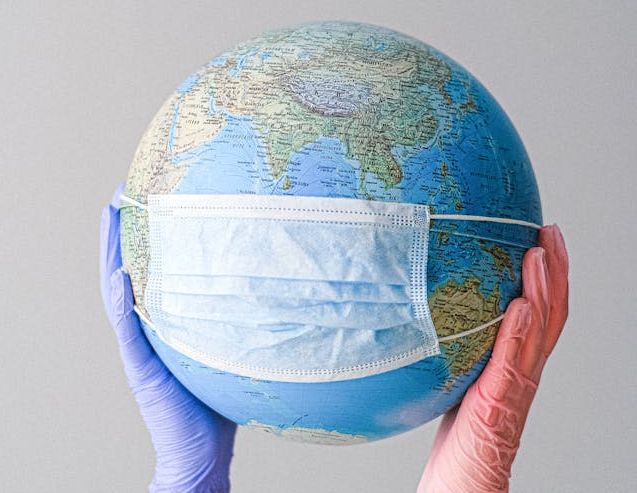
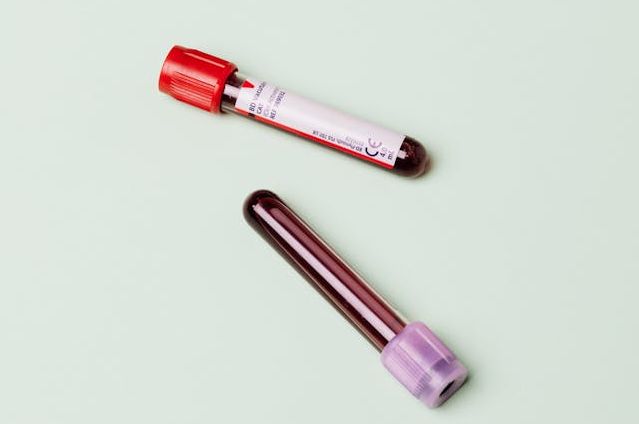
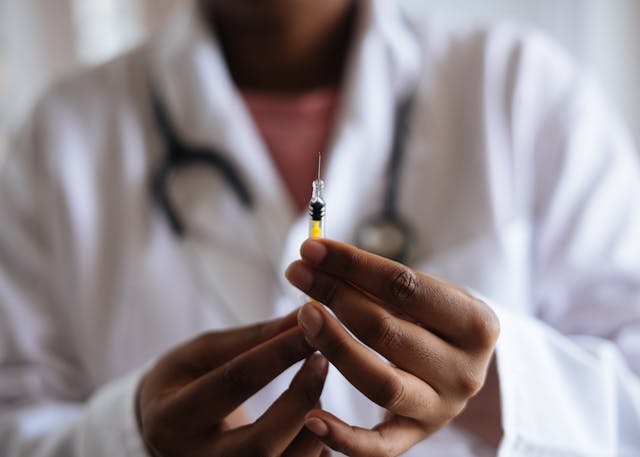

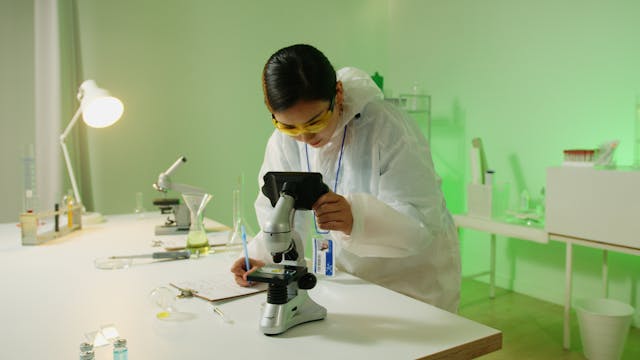
+ There are no comments
Add yours